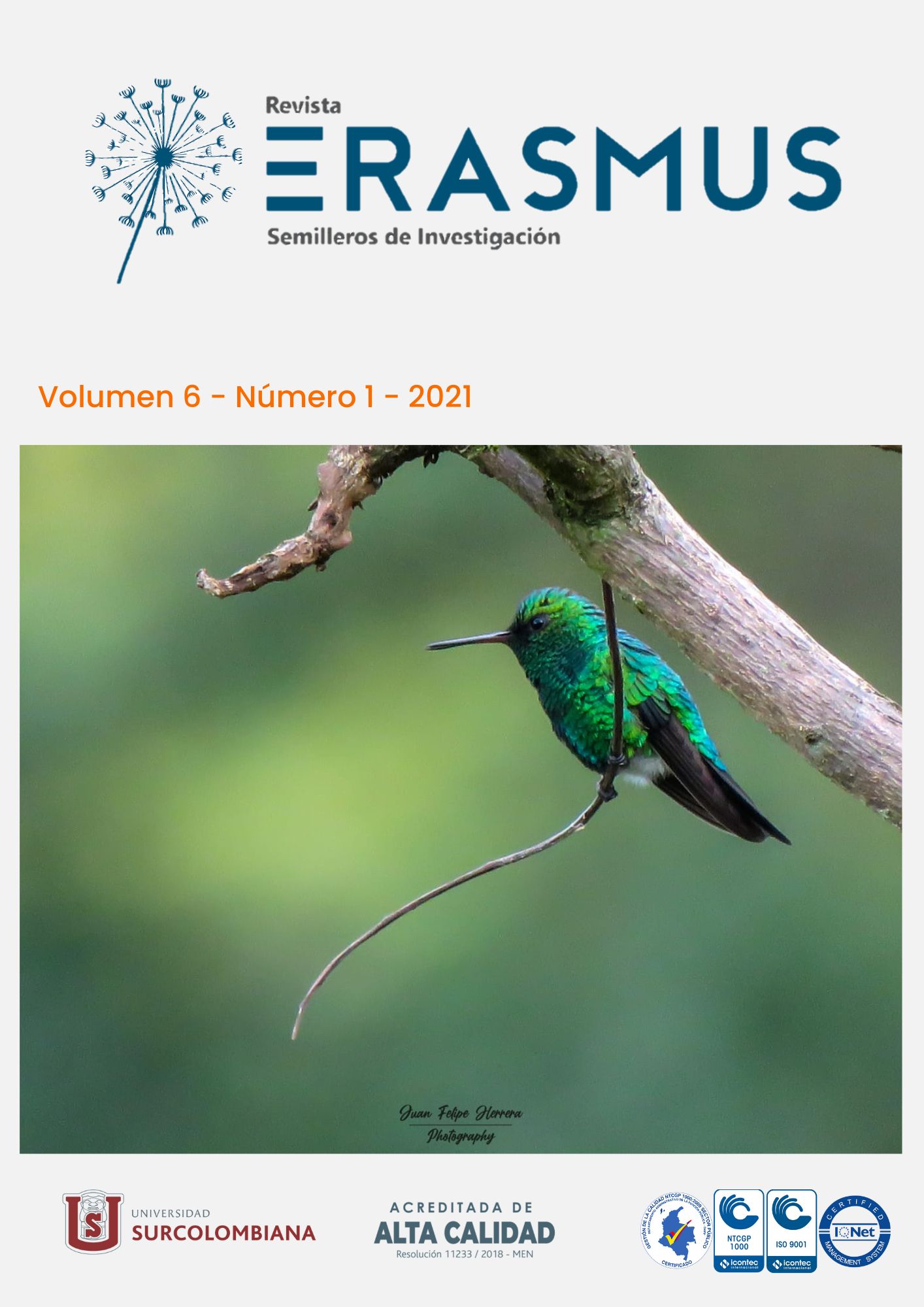Modeling educational quality perception in the Covid-19 era
##plugins.themes.bootstrap3.article.main##
Roughly speaking, educational neoliberalism is a process of management, production, and administration of quality indicators in which Higher Education Institutions focus their interest when distributing financial resources. In this sense, the study of educational neoliberalism is necessary to reveal the work culture that prevails in public universities. The objective of this work was to establish the reliability, validity, and contrast of an instrument that measures a model of correlations between four indicators –institutionalism, isomorphism, credentialism, and patrimonialism–tracked in the literature review. A cross-sectional and exploratory study was carried out with a non-probabilistic sample selection of 100 students, teachers, and administrators of an HEI in central Mexico. From a structural model, correlations were found between the four factors reviewed in the specialized literature. Research lines are noted concerning factors that explain the incidence of neoliberalism in leadership and the formation of professional knowledge networks.
Descargas
##plugins.themes.bootstrap3.article.details##
Aguilar, J. A., Pérez, M. I., Pérez, C., Morales, M. L. & García, C. (2018). Gobernanza de las redes de conocimiento: contrastación de un modelo para el estudio de la formación consensuada. Alternativas, 40 (1), 24-52
Aguilar, JA, Bautista, M., García, C., Hernández, G., Sandoval, FR., Pérez, G. and Valdés, O. (2016). Reliability and validity of an instrument that measures educational institutionalism in a public university in the state of Mexico. Without Borders, 9 (22), 1-16
Bergés L. (2010).” Political, economic and communicative power of neoliberal society.” Revista Latina de Comunicación Social, 1, 244-254 http://dx.doi.org/10.4185/RLCS-65-2010-895-244-254–
Biagini, H. and Fernández, D. (2014).” Neoliberalism: Confrontation as a National Selection Mechanism”. Journal
of the History of Medicine and Science, 66 (2), 1-12 http://dx.doi.org/10.3989/asclepio.2014.21
Carreón, J., Hernández, J, Quintero, ML and García, C. (2016). Reliability and validity of an instrument that measures organizational intelligence in a university in Chimalhuacán, Central Mexico. Tlamati. 7 (2), 41-47.
Carreón, J., Hernández, J., Morales, ML and Garcia, C. (2014). Speeches about a vocational training network. Tlatemoani, 16 (1), 1-30.
Espinoza, F., Sanchez, A., Hernández, J. Garcia, C. (2020). Scenarios, phases, roles, and discourses of Internet violence in a higher education institution. Summa, 2 (1), 65.88.
Fierro, E., García, C. Delgado, M. A. (2018). Especificación de un modelo para el estudio de la formación profesional. Analítica, 1 (1), 97-108.
García, C. (2005). An educational development program. Research and Education, 19, 1-12.
García, C. (2006). A university business model. Social Sciences, 3 (2), 39-47.
García, C. (2011). Psychological effects of social exclusion around the use of ICTs as neoliberal educational policy. Political Psychology, 9 (27), 1-24.
García, C. (2012). Exclusive higher education. Psychopedia Today, 23, 1-9.
García, C. (2019). Inteligencias y sabidurías organizacionales: Redes de conocimiento en torno al aprendizaje de la complejidad. Psicogente, 22 (41), 1-28.
García, C. Carreón J., Sánchez, A., Sandoval, FR and Morales, ML (2015). Reliability and validity of an instrument that measures leadership and educational management. Ehquidad, 5 (1), 109-130.
García, C., Carreón, J. and Quintero, ML (2016). Contrast of a model of the determinants of the managerial personality. Endless, 16, 70-85.
García, C., Carreón, J., Sánchez, A., Sandoval, F. R. Morales, M. L. (2016). Confiabilidad y validez de un instrumento que mide el liderazgo y la gestión educativa. Ehquidad, 5, 105-127.
García, C., Mejía, S., Hernández, J., López, S. and Salinas, R. (2014). Reliability and validity of an instrument that measures the organizational culture related to educational institutionalism. Hispano-American Notebooks of Psychology, 15 (1), 42-54.
García, C., Montero, ME, Carreón, J., Hernández, J. and Bustos, JM (2012). Neoliberal education systems. In T. Morales, Serrano, MC, Miranda, DA., Serrano, JM, Santos, A., Farfán, MC, Navarrete, E.and Rojas, A. (coord.). Society and education. Stories and experiences. (pp. 378-412). Mexico: UAEMEX
Lara, J. (2012).” Educational Failure, Failed Education in Mexico?” Critical Review of Social and Legal Sciences, 1, 1-22. http://dx.doi.org/10.5209/revNOMA.2012.41770
Organization for Economic and Cooperation Development (2021). Statistic for country: coronavirus SARS Cov2andCovid − 19. OECDhtt ps: //data.oecd.org/searchresults/? q = coronavirus
Pan-American Health Organization (2021). Statistic for coronavirus SARS CoV-2 and Covid-19 disease in the Americas. PAHO https://www.paho.org/en/search/r?keys=coronavirus
Pérez, MI, Carreón, J., Quintero, M-. L., Bucio, C., García, C. and Aguilar, JA (2016). The institutionalist agenda and knowledge management: Specification of an innovative entrepreneurship model. Kayros, 20 (38), 1-9.
Sánchez, A., Figueroa, O., Espinoza, F., Molina, H. D., Valdés, O., Fierro, E. García, C. (2020). Estructura factorial de la gestión del conocimiento. Alternativas, 4 (1), 53-66
World Health Organization (2021). Statistic for coronavirus SARS CoV-2 and Covid-19 disease in the world. WHO https://www.who.int/es/home/search?indexCatalogue=genericsearchindex1&searchQuery=coronavirus&wordsMode=AnyWord&healthtopic=undefined&country=undefined








